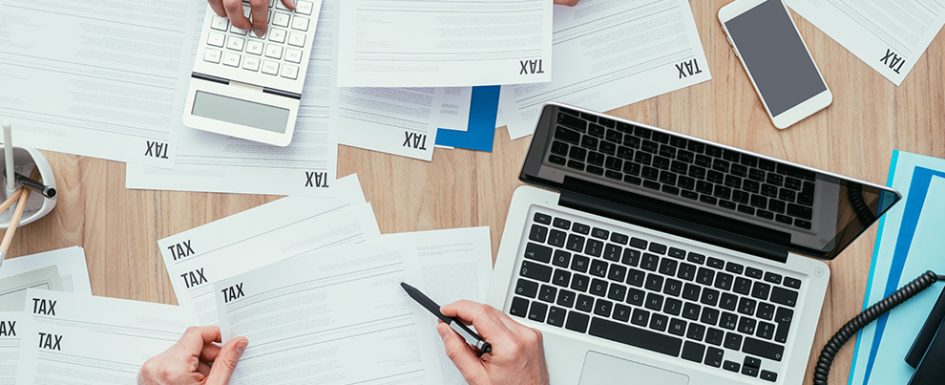Some strata communities – formerly known as Body Corporates – aren’t liable to pay tax. However, this is not applicable to all stratas, and wrongly assuming you are exempt from paying tax can lead to fines and even court proceedings. It’s important to get in the know about strata communities and tax liabilities so you can gauge whether or not you are liable. If you need more information or one-on-one advice about your own situation, it may be worth speaking to a strata specialist with corporate tax knowledge, such as the team at Abacus Strata. Here’s a quick overview of strata related Tax to help you review your own scenario.
GST:
If your strata community has an income greater than $150,000 per annum, you will be liable to pay Goods and Service Tax (GST). You will also be liable to pay GST if there is a non-mutual income greater than $75,000. Non-mutual income is classified as any income that is not from the owners.
If your community generates a non-mutual income of less than $75,000, speak to your strata manager or accountant for advice on how much income to declare on your personal income tax return.
Income Tax:
Any income that does not come from owners’ contributions is liable to pay income tax. This includes interest generated and income from the lease of cell towers, laundromats or any other common areas. If the income generated is greater than the cost of compliance and you receive financial gain from the income, your strata manager or accountant will advise you on how to include this in your personal income tax return
PAYG:
Any community that employs staff will need to pay PAYG. This also extends to superannuation costs and insurance. As well as this, strata communities with staff will need to comply with employment law to provide a safe workplace. This can be taxing and confusing work and is best assigned to an expert.
Withholding tax:
Withholding tax is the most overlooked area of tax liabilities by strata communities who wrongly assume that because they aren’t a business, they don’t need to pay this. In reality, any strata that hires a contractor without a valid TFN on their invoice will need to pay withholding tax. The best way to avoid having to pay withholding tax for your strata community is to only employ contractors who can supply a valid TFN and by making sure that all paperwork is in order. If your contractor does not supply a TFN or valid paperwork, it will be up the strata community to calculate and deduct withholding tax from the contractor’s payment. If you are in a self-managed strata community, this will need to be monitored carefully – we’d advise the assistance of a strata manager or accountant.
Land tax:
Currently, most strata communities aren’t liable for land tax. However, as property values continue to rise throughout Australia, this may not alway be the case. If your strata community is nearing the bracket to be liable for land tax, you will need to keep an eye on the value of your property to avoid being caught out. This is an area in which you could benefit from the help of a professional.
